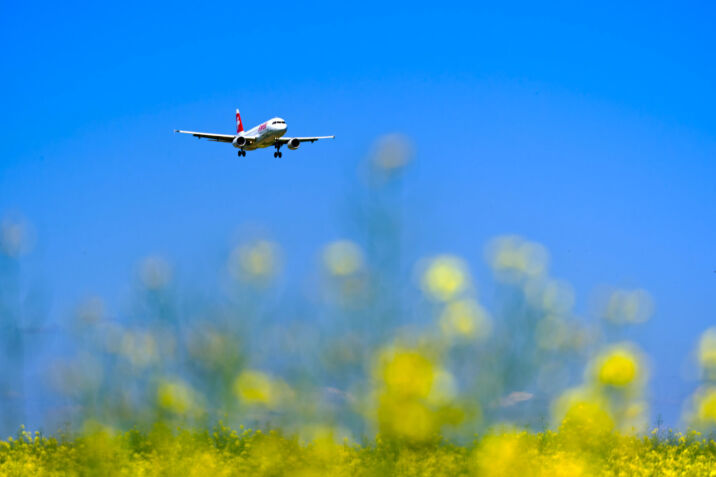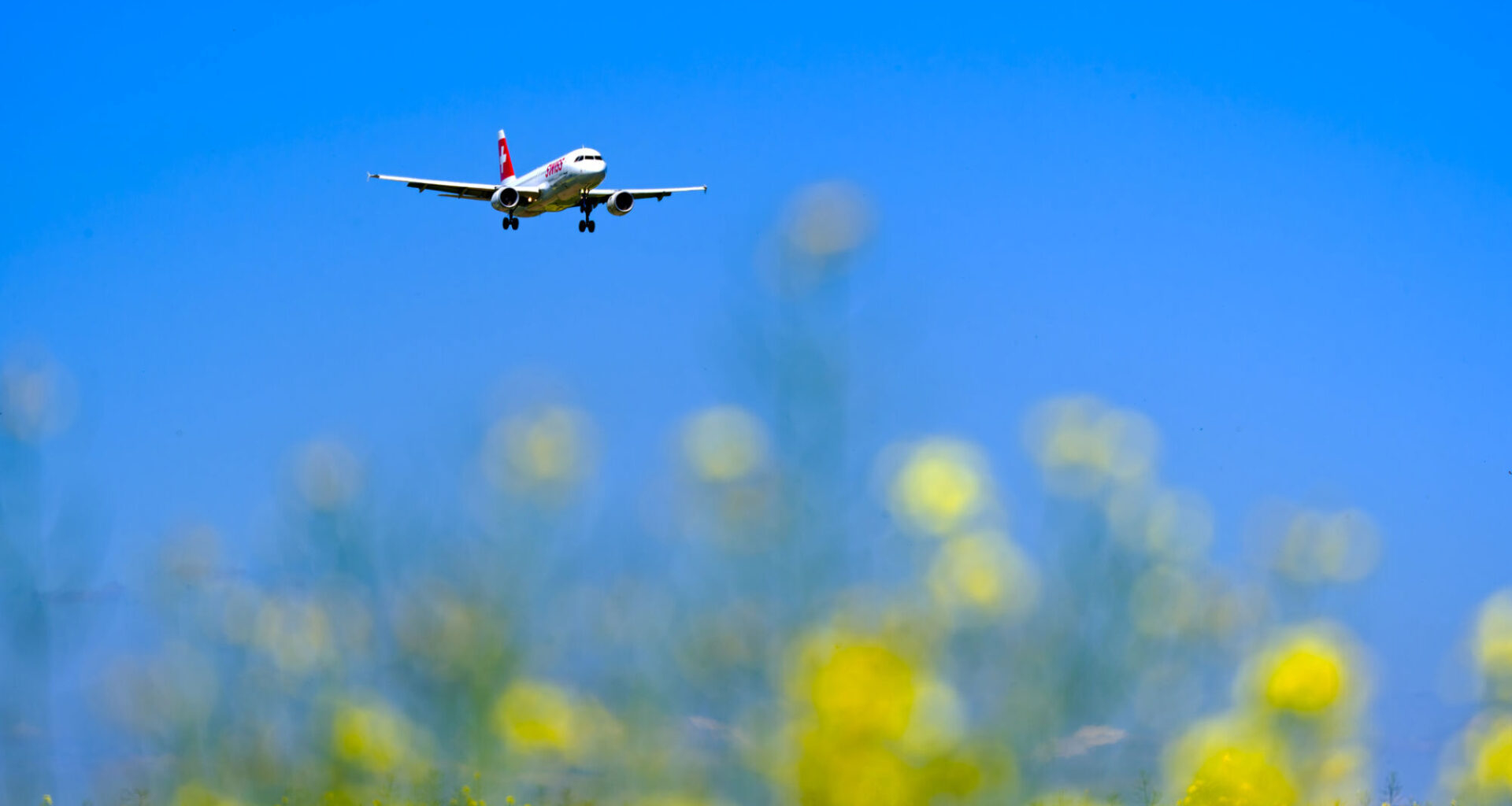
The Australian government is investing A$1.1 billion ($728 million; €618 million) in a program to support the domestic production of low-carbon liquid fuels.
The Cleaner Fuels program will offer funding to producers of fuels including sustainable aviation fuel, renewable diesel and e-fuels, for use in “hard-to-abate” sectors like aviation, heavy freight and mining.
Treasurer Jim Chalmers and other government representatives made the announcement at transport fuel provider Ampol’s oil refinery in Queensland, where Ampol is developing a A$2 billion renewable fuels facility in partnership with asset manager IFM Investors and grain processor GrainCorp.
Danny Elia, IFM executive director, global asset management, infrastructure, told Agri Investor that the government has “absolutely delivered” on its commitment last year to produce policy to boost the development of low-carbon liquid fuels.
However, he said there are three prongs to this policy that need to be worked through: supply, demand, and certification.
“[Wednesday’s] announcement was a supply-side announcement, and that will ultimately help to reduce the cost to the end customers and support the feasibility of these investments,” Elia said.
“There are other areas of policy that will have to continue to evolve around certification – but there’s great consultation going on with government there – and then there’s demand-side support.
“Effectively, we’re talking about a mandate there.”
Australia does not yet have a mandate around the use of sustainable aviation fuel (SAF), in contrast with the EU, which has required jet fuel suppliers to blend 2 percent SAF in with traditional fuels from 2025, and to increase this blend to 70 percent by 2050.
“The whole industry will need mandates because we’re talking about a new product,” Elia said.
“Everybody’s building up scale, the technology will get more cost-effective, supply chain will change to specialized feedstocks over time – all those things could take a decade, two decades.
“A mandate will be important because effectively we’ll otherwise be asking customers to buy a higher-cost product.”
Elia is pushing for a level of government support that allows local airlines to buy the SAF at around the same price as they could buy an imported product.
Currently, Australia exports about A$4 billion worth of feedstocks for low-carbon fuels including canola and tallow.
Elia said standing up a low-carbon liquid fuel industry in Australia could bring benefits for agricultural investors, including more domestic crushing facilities.
Currently, Australia exports most of its canola overseas, including more than 1.8 million tonnes annually to European countries, which can use it to make transport fuels, according to the Commonwealth Scientific and Industrial Research Organisation (CSIRO).
Fueling ambition
Since IFM partnered with Ampol and GrainCorp last year, Elia said it has spent more than A$30 million on engineering and technical feasibility assessments and has already signed agreements with technology providers.
The partnership has also increased its production ambitions from 500 million liters to about 750 million liters of SAF per year by 2030 – almost 40 percent of the government’s target of 2 billion liters by the same date.
Elia expects IFM to make a final investment decision on the Queensland SAF facility by mid-2026.
The Cleaner Fuels announcement comes as Australia prepares to present its updated emissions reduction target to the General Assembly of the UN next week.
On Thursday, prime minister Anthony Albanese announced a target to reduce emissions by 62-70 percent below 2005 levels by 2035.
Reducing emissions from liquid fuels could become an even more vital component in reaching this target as Australia’s offshore wind ambitions face a setback, with the state of Victoria this week delaying its first auction indefinitely.
According to research by Deloitte for Australia’s Clean Energy Finance Corporation, liquid fuels account for about 32 percent of national emissions.
The CEFC report estimates that a domestic low-carbon liquid fuel industry could be worth A$36 billion by 2050, while cutting emissions by about 230 million tonnes CO2-e, which is equivalent to nearly half of Australia’s annual emissions.
Details of the Cleaner Fuels grants on offer are still being determined, with the government set to finalize the program design in 2026 and open applications by the following year.

